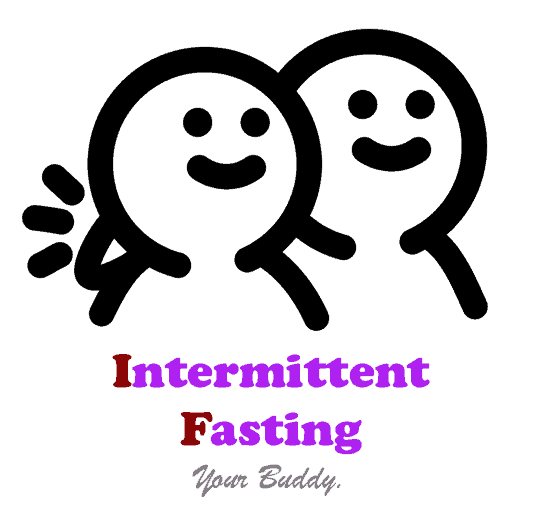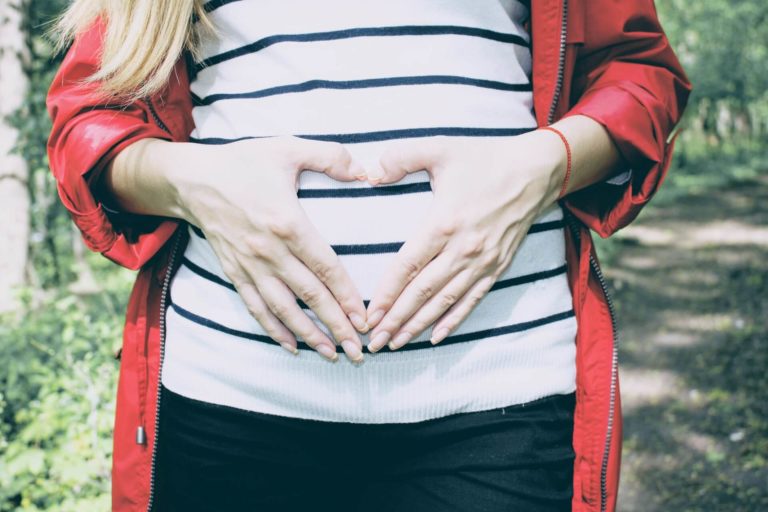While intermittent fasting is a very healthy lifestyle for most people, it is a known fact it can also have side effects. Bloating, for instance, is an issue reported by several people who fast especially women. On the other hand, others swear intermittent fasting cured them of their bloating issues. So, where’s the truth? Does intermittent fasting cause bloating?
Intermittent fasting can cause bloating. However, in most cases, it is not the fasting in and of itself causing this issue. Instead, the culprits are things like eating a low-fiber diet, dehydration, high-sodium meals, overeating during your eating window, and more. If you ask around, though, you might find people who can swear they did nothing wrong, and yet they still find themselves bloated.
So let’s dive deeper into this topic and see when and why does intermittent fasting cause bloating and what you can do to prevent it or treat it.
Does intermittent fasting cause bloating?
Bloating is usually caused by factors such as a poor diet low in fiber, high in sodium, too little movement, dehydration, and more. Intermittent fasting may have a lot of benefits, but if you don’t eat a healthy diet, you may end up with more health issues than before.
For instance, overeating after a long fast is a sure way to end up with several digestive issues such as bloating, constipation, or even diarrhea. An excess of coffee or black tea during your fast could also lead to bloating and constipation. If you’re not exercising and have a sedentary lifestyle, you are, again, at a risk for bloating.
Dehydration is also a huge factor. Funny enough, you need to drink more water than ever while you’re fasting. Otherwise, there’s a good chance that the first meal of the day will leave you feeling much too full and bloated.
How to get rid of bloating while fasting
If, for whatever reason, you get bloated while intermittent fasting, there are a few things you can do to ease your symptoms. Remember though that prevention is the cure, otherwise, you’ll just go through the same issues each day.
Take a walk
When you’re bloated, exercising may feel like the last thing you can do. And while you may not be able to do strenuous exercises, a simple walk can do miracles. You don’t need a lot of time for this, a short walk around the block can do the trick.
If you’re at home and have a little more time and space, you can also try a few yoga poses that encourage the relaxation of the GI tract. Happy baby, child’s pose, knees to chest, and even squats can relieve bloating and gas in just a few minutes.
Drink some peppermint tea

Peppermint tea is one of the best-known remedies for bloating. You can drink it while you’re fasting, after a large meal to help digestion, or whenever you need it. Don’t use sweeteners though, as some may cause bloating themselves, so you’d be annihilating the effect of the peppermint.
If you’re not into teas, peppermint capsules are also a great option. However, since you also need to be hydrated, a cup of tea will serve 2 purposes at the same time.
Ginger tea has similar effects, easing digestion and reducing bloating. So if you get bored of peppermint, you can switch to ginger instead.
You can find other teas here: 10 Best Teas for Intermittent Fasting
Don’t chew gum
You may have heard chewing gum helps your teeth, but it also can make you bloat.
Most of them have alcohols and sweeteners that are known to cause bloating. Add to that the air you’re swallowing while chewing and the results are far from positive.
How to prevent bloating while fasting
Drink water
The number 1 way to prevent bloating while fasting is to stay hydrated. Don’t wait to feel thirsty to drink water! By that point, you’re already dehydrated. Also, if you’re drinking coffee, make sure you add at least 1 cup of water for each cup of coffee you’re drinking. That’s because coffee is known to cause dehydration and the only way to prevent it is by adding more water to your day.
Eat a diet high in fiber
Fiber prevents both constipation and bloating. The recommended daily fiber intake is 38 grams for men and 25 grams for women and it is estimated only about 5% of people meet these requirements.
However, remember to increase your fiber intake gradually. If right now you’re eating, for instance, 10 grams and you increase the next day directly to 25 grams if you’re a woman, or 38 g if you’re a man, you might get some side effects such as diarrhea, gas, and more bloating. In other words, figure out how much fiber you’re currently eating, and start increasing your quantity each day, being very mindful of how you’re feeling while you do it.
Make sure to include a lot of vegetables into your diet, since these contain lots of fiber.
You can find out more about fiber here: Does Fiber Break A Fast?
Lower the sodium
Sodium contributes to water retention, which in turn contributes to bloating. Yes, some sodium is necessary and healthy. But most people are eating too much sodium nowadays. Prepackaged foods, fast foods, and even frozen meals contain high quantities of sodium. Ideally, if you suffer from bloating, you should try to cook your own meals, so you can easily control the quantity of salt that you eat.
Don’t overeat after a fast
Overeating immediately after a fast, regardless of how much fiber or sodium or other ingredients are in your food, will most likely lead to bloating. So pay close attention to how you break your fast. Eat a balanced meal, chew your food slowly, so you can notice when you feel satisfied and stop at this point. You might notice it takes less than you think to feel satiated, and that’s ok.
The bottom line
Does Intermittent Fasting cause bloating? Probably not, but it can contribute to bloating, but the real culprits are usually dietary mistakes you make while eating. So make sure you eat a balanced diet, rich in fiber and low in sodium, drink plenty of water, exercise (for example a short HIIT workout), and don’t overindulge after a fast. If you’re already bloated, a short walk or a few yoga poses may be able to help. Peppermint or Ginger, both in tea and capsule form can also be helpful, as well as cutting out habits like chewing gum while you fast or after a meal


7 thoughts on “Does Intermittent Fasting Cause Bloating?”